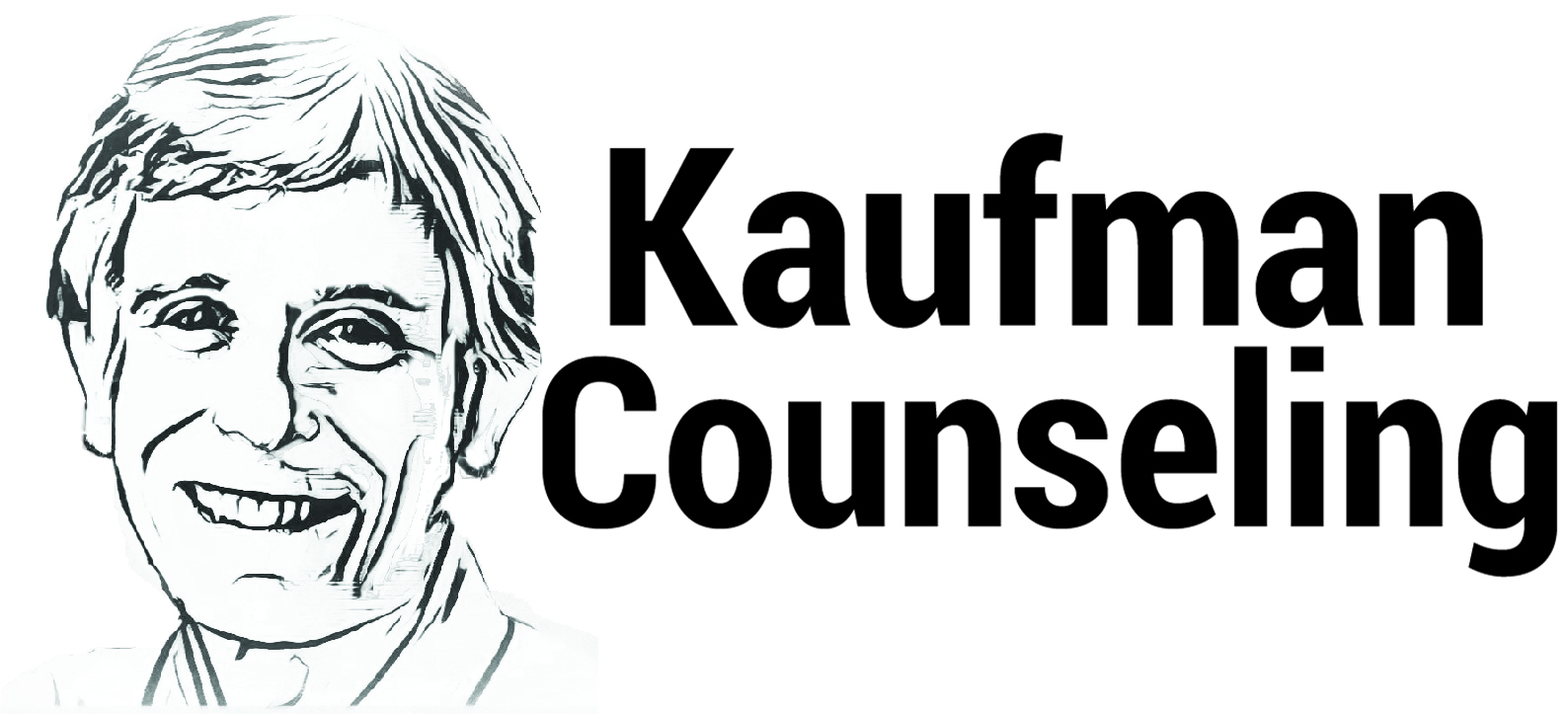Coping with the Stresses of Personal Change: Challenges, Pitfalls, and Opportunities – Part 1

This article was written by Lawrence Kaufman (L.M.F.T), 561-302-0568 contact@kaufmancounseling.com
How much is stress good? How much is stress bad? How much do you distinguish between stress that is healthy, and stress that is not? What price do you pay in your efforts to make changes in your life? What price do you pay when you resist or avoid making changes? To what degree, do you think, is it healthy to remain the same? To what degree do you think it is unhealthy to modify aspects of your behavior and personality? What do you think are the advantages and disadvantages of making personal, interpersonal, and behavioral changes?
Additional questions to ask yourself: What is the appropriate balance between making internal vs. external changes in your life? How do you know whether you are attempting to make too many significant changes, too quickly? What are some of the warning signs that you are, or may be, pushing yourself too hard, too fast, and need to slow down? How well do you regulate putting your foot on the (metaphorical) brakes or accelerator? What symptoms do you develop if we don’t respect your human limits and personal limitations?
How do you know when you are attempting to cope with the stresses of life by excessively avoiding changing yourself? To what degree do you expect that others will change in order to better meet your own needs? Or, on the other hand, do you utilize a style of life wherein you tend to be over-accommodating to others? That is, do you tend to modify your own behaviors to meet the needs of others instead of focusing on your own needs? These are just some of the ideas to consider when thinking about the roles and effects of stress in, and on, your life.
Let’s look a bit into the life of Joe – an average sort of guy. He functions fairly well in life, and usually feels content with himself and his life. His relationship with his girlfriend is pretty good. “We all have our ups and downs –just like everyone else,” he is quick to point out. He has a couple of “good” friends, and occasionally knows how to have fun and enjoyment. He feels fairly good about his job, his income, and where he is living. If you knew Joe (and he was open to hearing what you had to say to him) how much would you make recommendations to him about how he could make certain changes or “improvements” in his life, so that he could live a better quality of life? Or would you not “interfere” with his points of view and personal lifestyle choices?
If the roles were reversed between Joe or another person, how open or not would you be to hear other peoples’ suggestions as to how you might make changes to “improve” your life? How open or not would you be to another’s (as a friend’s, partner’s, or spouse’s) “suggestion” or recommendation that you see a professional counselor or psychotherapist? To what degree do you view being in counseling or therapy as adding to or reducing your stress in life? Would you (much) rather take a (prescribed) medication or “self-medicate” (as with drinking alcohol) in order to reduce your level of stress (to relax, “chill out,” unwind)?
To what degree do you attempt to reduce your stress in life by both distracting yourself, or by using insight? There are many ways in which people reduce their stress by distracting themselves from upsetting and distressing (emotional and physical) feelings and states of mind. Some of these ways are planned and conscious, while other ways are unplanned and unconscious (out of awareness).
Examples of common distractions of daily life are: drinking alcohol and using other drugs (prescribed or unprescribed) beyond moderation, excessive involvements with social media, talking for long periods of time on the telephone with friends about casual issues, engaging in obsessive thinking and compulsive behaviors, watching television programs and sports events for several hours a day; over-sleeping, over-eating, over-exercising, and over-working. (You can probably think of many other ways in which people distract themselves from potentially distressing feelings and thoughts.)
Examples of engaging in insight producing behaviors (that is, activities that can produce or lead to increased understanding of yourself and/or others) include the following: reading a psychologically based self-help book, attending counseling/ psychotherapy sessions, writing in a personal journal, doing dream analysis; talking to a friend or relative about important events, interactions, and plans in your life; attending workshops, seminars, and self-help groups, etc.
As a result of reading this article, to what degree do you now feel more stressed out – and/or curious and intrigued about the possibility of attaining a more fulfilling future?


